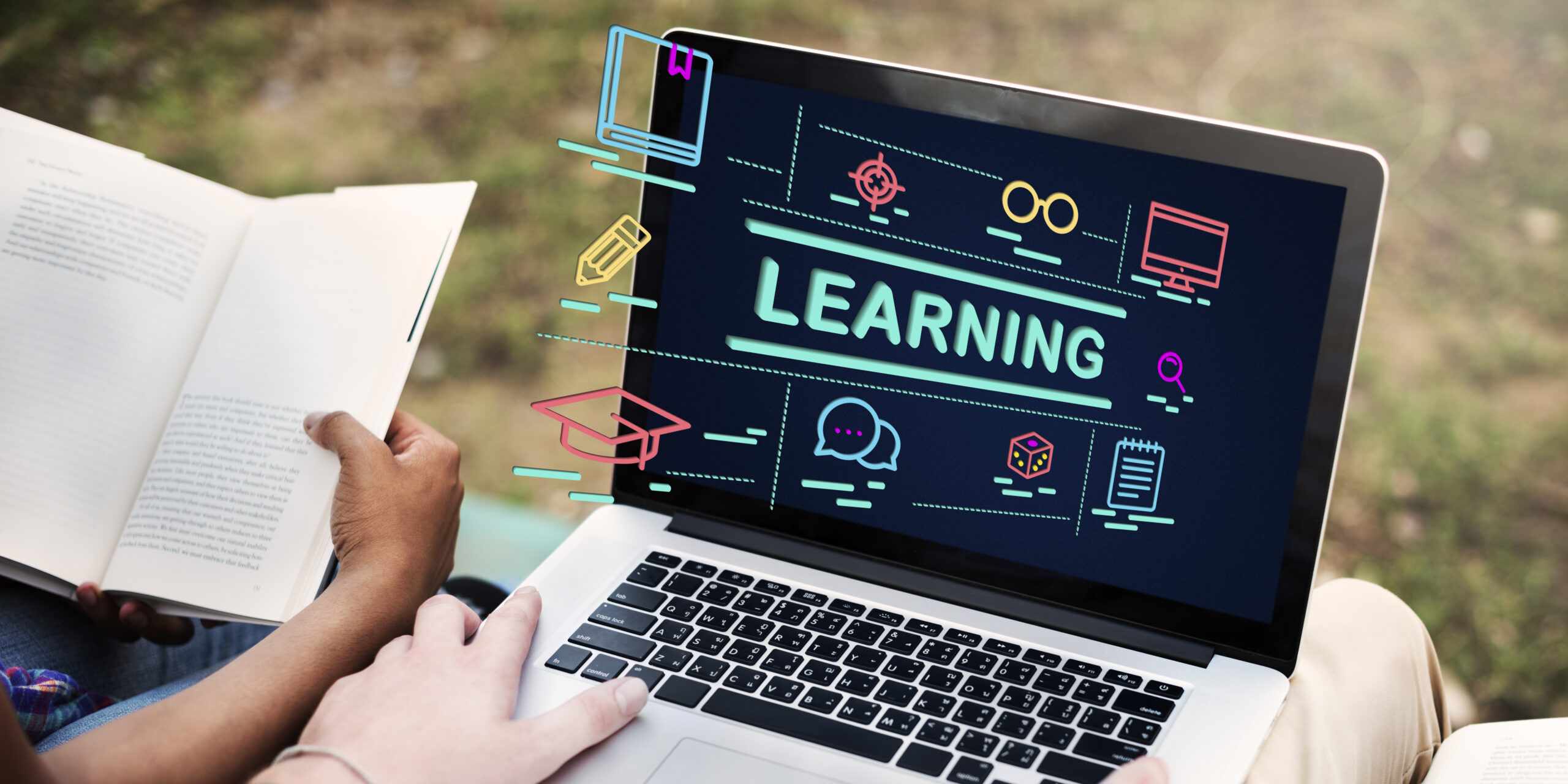Study Tips and Time Management for Effective Learning
Effective studying is not just about the number of hours you put in, but how you utilize that time. Developing strong study habits and mastering time management techniques are essential for successful learning. In this article, we will explore practical study tips and time management strategies that can help you make the most of your study sessions and achieve better results. Some of the tips are:
Understanding Your Learning Style:
Begin by identifying your learning style—visual, auditory, or kinesthetic. Tailoring your study methods to your preferred style can significantly enhance comprehension and retention.
Creating a Productive Study Environment:
Designate a quiet and organized space for studying. Minimize distractions and ensure you have all the necessary materials at hand.
Setting Clear Goals:
Set specific goals for each study session. Whether completing a certain number of chapters, practising problems, or reviewing notes, having clear objectives keeps you focused.
Utilizing the Pomodoro Technique:
Break your study time into shorter intervals (e.g., 25 minutes) followed by a short break. This technique maintains your concentration and prevents burnout.
Creating a Study Schedule:
Plan your study sessions. Allocate time for each subject and be consistent in following your schedule. This helps prevent last-minute cramming and reduces stress.
Prioritizing Tasks with the Eisenhower Matrix:
Divide your tasks into four categories: urgent and important, important but not urgent, urgent but not important, and neither urgent nor important. Focus on tasks that fall in the important but not urgent quadrant.
Active Learning Techniques:
Engage actively with the material by summarising concepts in your own words, teaching a friend, creating flashcards, or solving practice problems.
Taking Effective Notes:
Develop note-taking skills that work for you, whether it’s using bullet points, mind maps, or Cornell notes. Review and revise your notes regularly.
Utilizing Digital Tools:
Leverage digital tools like apps for note-taking, task management, and flashcards to streamline your study process.
Avoiding Multitasking:
Focus on one task at a time. Multitasking can decrease your overall productivity and hinder deep understanding.
Getting Sufficient Rest:
Adequate sleep is crucial for effective learning. Avoid sacrificing sleep for extra study time, as it can impair your cognitive abilities.
Staying Active and Healthy:
Incorporate regular exercise and a balanced diet into your routine. Physical health directly affects cognitive function.
Seeking Help When Needed:
Don’t hesitate to ask for clarification or assistance from teachers, peers, or online resources when you encounter challenging concepts.
Reviewing Regularly:
Instead of cramming, review material consistently. Spaced repetition—revisiting information at increasing intervals—enhances long-term retention.
Rewarding Yourself:
Set up a reward system for accomplishing study goals. Treat yourself after completing a challenging task or meeting a milestone.
Effective study techniques and time management skills are essential for academic success. By understanding your learning style, creating a conducive environment, setting clear goals, and using strategies like the Pomodoro Technique and active learning, you can maximize your study sessions. Remember that consistency, dedication, and a balanced approach to learning are key factors in achieving your educational goals.

